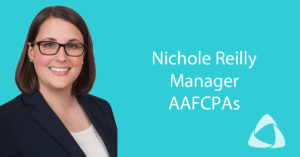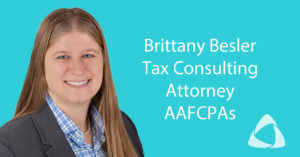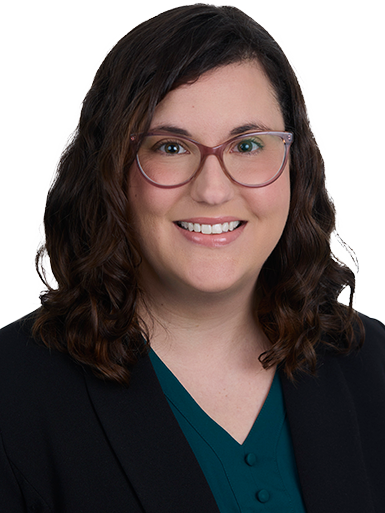Watch Now: Claiming the Employee Retention Credit
The Consolidated Appropriations Act, 2021, signed on December 27th, 2020, expanded eligibility for the Employee Retention Credit (ERC) by allowing those—including tax-exempt organizations—who received Paycheck Protection Program (PPP) loans to qualify. Prior to December 27, 2020, PPP loan recipients could not also file for eligible tax credits. The expanded eligibility is retroactive, and as a result, many nonprofits that had not previously benefited from the ERC are now able to claim payroll tax credits for 2020 and 2021, if certain requirements are met. Furthermore, the American Rescue Plan Act of 2021 extended ERC through December 31, 2021, making the credit available for the entire 2021 year.
What Nonprofit Housing Enterprises Need to Know to Take Advantage of the ERC:
In this Webinar OnDemand, recorded April 13, 2021, Strength Matters’ partner AAFCPAs shares what nonprofit housing enterprises need to know to take advantage of the ERC, including: program criteria, qualifying expenses, and accounting treatment.
Webinar Objectives:
- Listeners will gain clarity on employer eligibility and qualified wages (including certain health plan costs).
- Listeners will understand the process for applying and how to gain immediate access to the credit.
- Listeners will learn techniques to maximize the use of the funds in combination with other credit and relief provisions, such as PPP loans, paid sick and family leave credits, and other federal or state reimbursement grants.
- Listeners will gain an understanding of the ERC’s implications on accounting treatment and financial statement presentation.
Speakers



